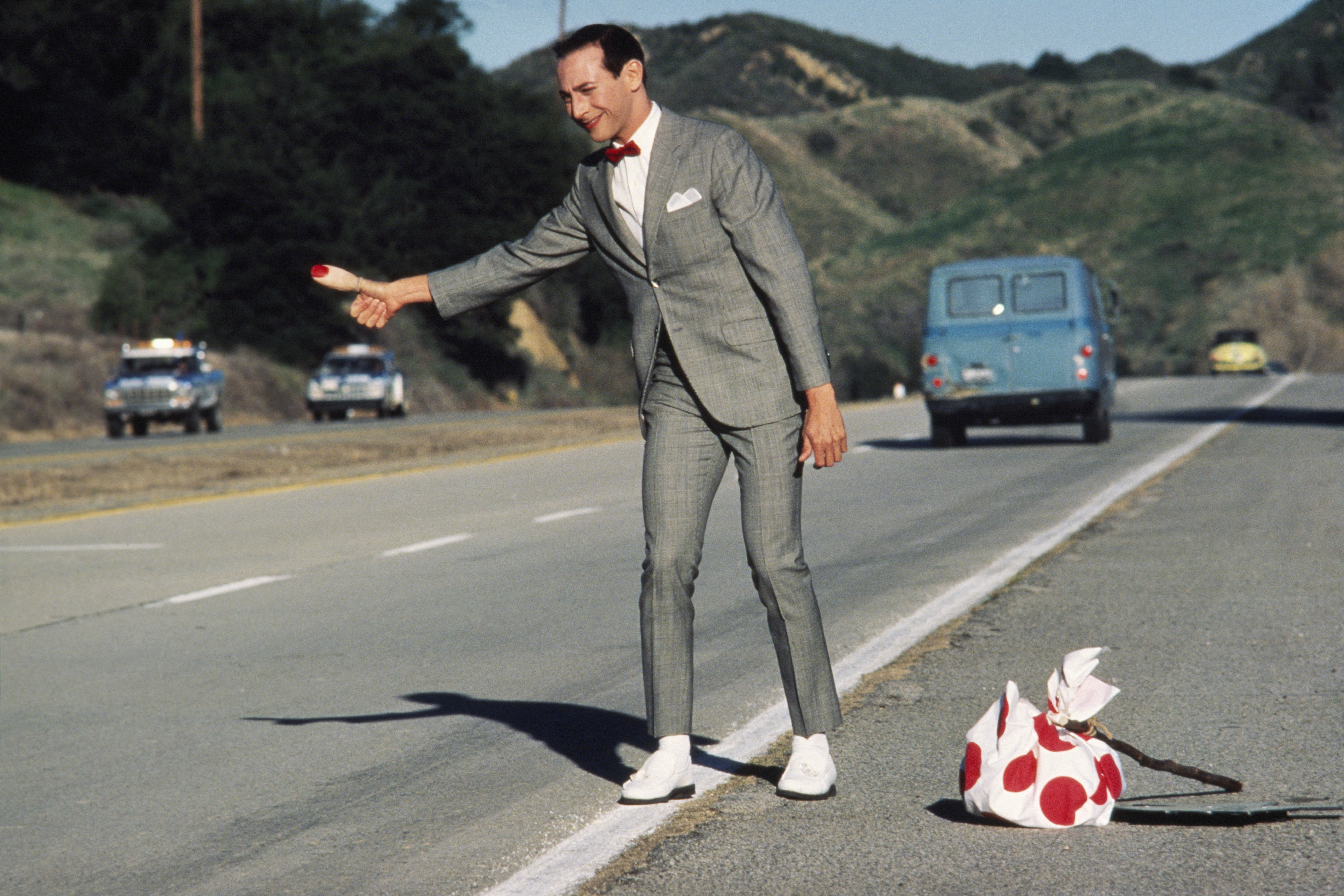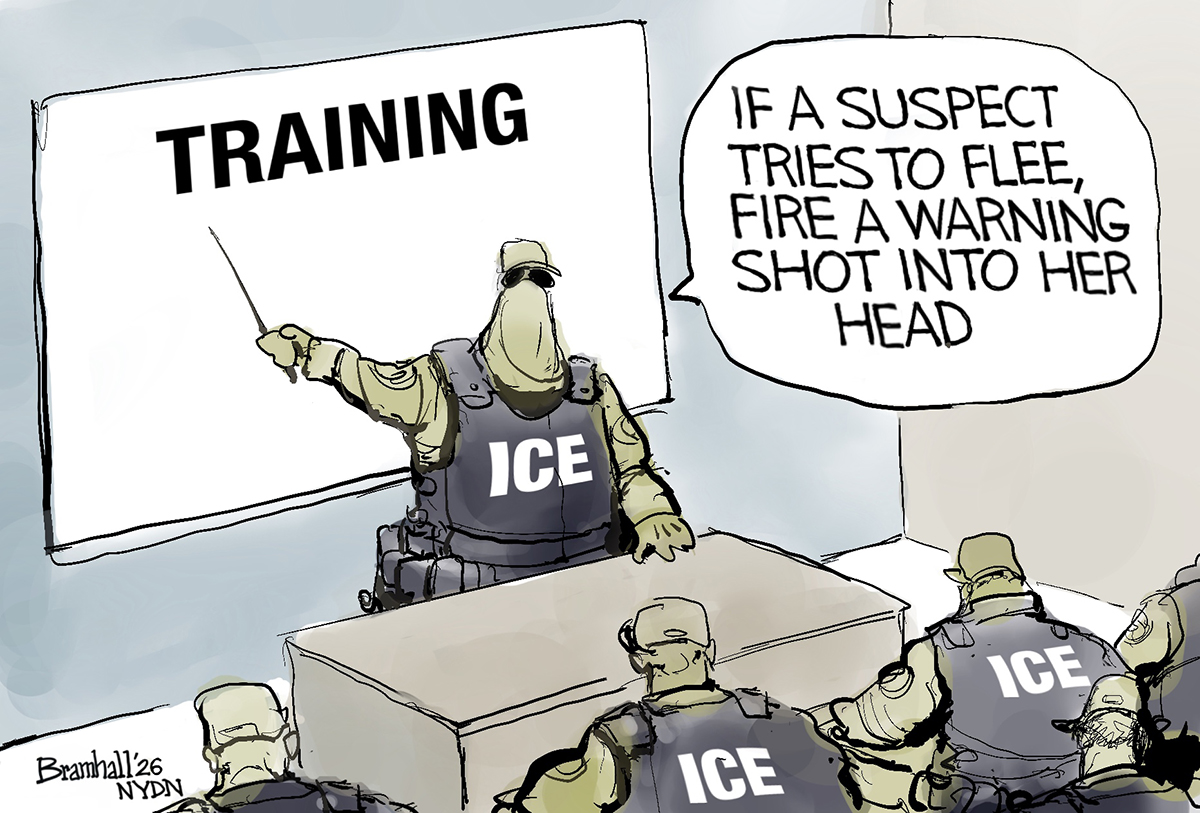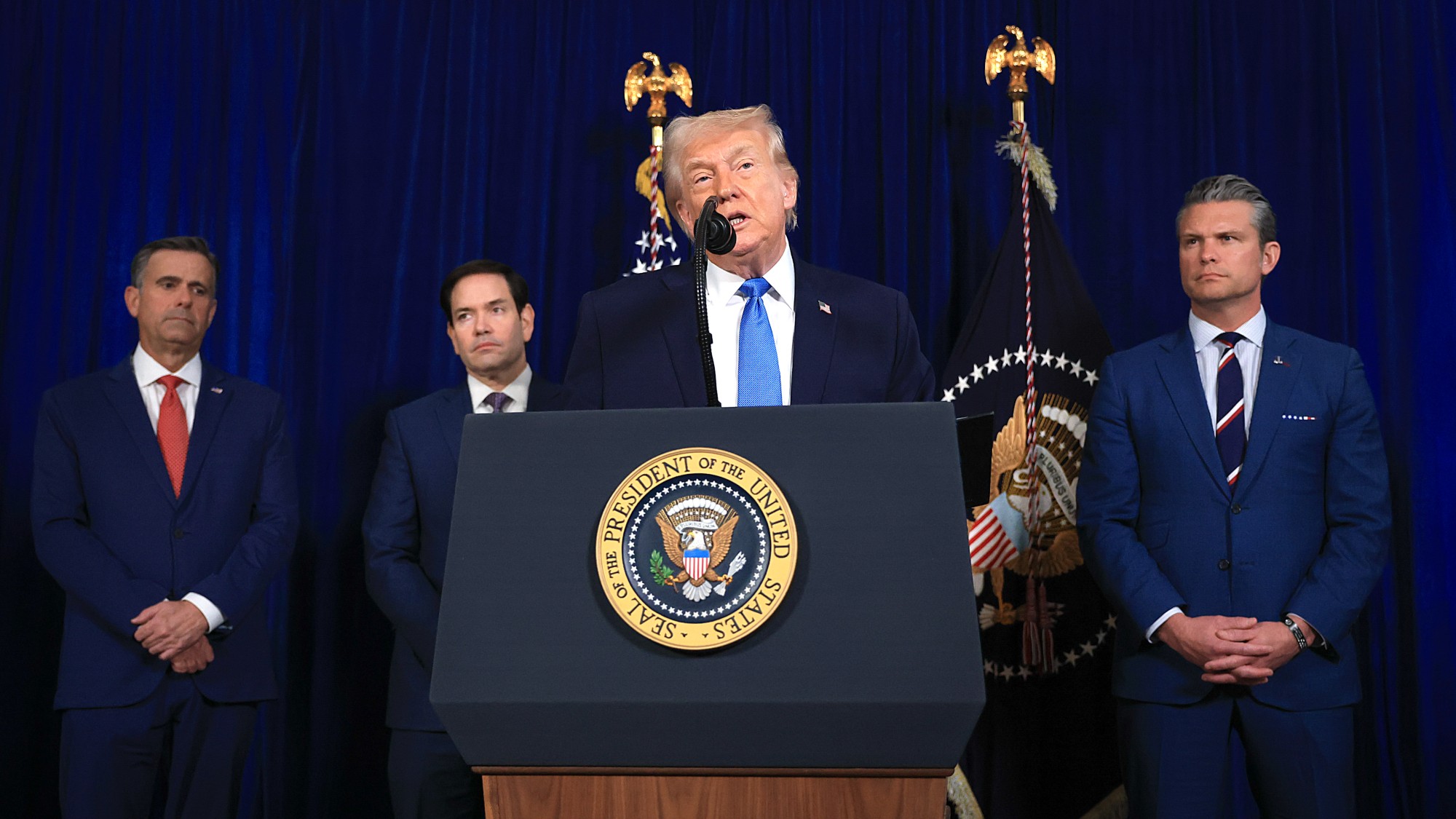Why we should bring back hitchhiking
Catching a ride makes both economic and social sense


When I lived in South Africa from 2009 to 2011, I used to hitchhike everywhere. I lived so far out in the boonies — deep in Northern Cape province, near the Botswana border — that it was about the only way to get to Pretoria in one day. I'd get up at four in the morning, wait on the dirt road beside my village, and catch the first car heading to Vryburg, where I could then take a share taxi or hitch again to go the rest of the way.
It was a huge pain in the neck, requiring 12 hours to travel less than 400 miles. But it was dirt cheap, usually costing about $8. That made hitchhiking, along with the public taxi and bus systems, one of the bedrock elements of South African transportation infrastructure. In a country without much rail, but a good number of cars, it made perfect sense — and I met a lot of interesting people along the way.
So it was pretty disappointing to return to the United States and find that hitchhiking had come to be considered more risky than playing Russian Roulette with five of the chambers loaded. This is an increasingly ridiculous fear that ought to be cast aside. In a country with crummy public transportation and outrageously expensive infrastructure, hitchhiking is a way to increase our existing transit capacity without spending money — and all of us might just make a few friends in the process.
The Week
Escape your echo chamber. Get the facts behind the news, plus analysis from multiple perspectives.

Sign up for The Week's Free Newsletters
From our morning news briefing to a weekly Good News Newsletter, get the best of The Week delivered directly to your inbox.
From our morning news briefing to a weekly Good News Newsletter, get the best of The Week delivered directly to your inbox.
Molly Osberg has a great story on what killed hitchhiking in this country. Turns out public authorities stoked a moral panic as part of a general cultural crusade against hippies and members of the underclass:
[A]s with many enduring cultural metaphors, the notion that hitchhiking would result in near-certain death was largely the result of a series of actions taken by the state to curtail deviant behavior, a campaign further assisted by a handful of high-profile cases wherein bad things happened to very nice white girls. [Talking Points Memo]
Undoubtedly that combined and reinforced a broader paranoia about safety that now leads Americans to call the police every time they see kids more than a block from their parents.
Now, of course it's true that hitchhiking involves some risk for both parties. But it involved a great deal more risk in South Africa, where the murder rate is over seven times what it is in the U.S.
When it comes to the great fear about hitchhiking — i.e. running into a psychopathic murderer — you're far more likely to be killed in a standard car accident. And the great danger to women is and always has been intimate partners, not strangers in cars.
A free daily email with the biggest news stories of the day – and the best features from TheWeek.com
So here are three reasons why hitchhiking ought to come back. First, it's an easy efficiency win. We have a lot of cars, and a huge fraction of them have only one or two passengers. Hitchhiking would make more efficient use of our current energy outlay, and would offer an easy way to increase transportation throughput with virtually no investment whatsoever. That would be a great benefit for a nation where new construction is so hideously expensive that new subways are simply out of reach even for a large city like Chicago.
Hitchhiking would also provide some small income for car owners. Many poorer people would likely appreciate paying passengers if it were common practice, but it's simply out of the question most of the time.
Second, insofar as people are worried about safety, more hitchhiking would make the practice safer. If it were standard practice for ordinary people, and not reserved for runaways or cultural deviants, there would be more eyes on vulnerable populations. As Osberg points out, serial killers sometimes target hitchhikers because they're perceived as invisible people no one cares about.
In South Africa, I'd often end up hitching with two or three other people going the same way — safety in numbers — and they were invariably fascinated by the weird white guy out on the road. (White South Africans are, as a rule, almost as terrified as hitchhiking as Americans.) I'd have some great conversations and get to practice my Setswana.
Which brings me to my final point: More hitchhiking might help Americans unclench and ease up on the galloping paranoia. It's long since time we accepted the fact that the nation is safer now than it has been in 50 years or more, and that our fellow citizens are not would-be killers just waiting for the chance to strike. About all of them (with a few exceptions) are regular schlubs just getting from one place to another.
Take a ride with one, and that's what you'd find.
Ryan Cooper is a national correspondent at TheWeek.com. His work has appeared in the Washington Monthly, The New Republic, and the Washington Post.
-
 Political cartoons for January 10
Political cartoons for January 10Cartoons Saturday’s political cartoons include a warning shot, a shakedown, and more
-
 Courgette and leek ijeh (Arabic frittata) recipe
Courgette and leek ijeh (Arabic frittata) recipeThe Week Recommends Soft leeks, tender courgette, and fragrant spices make a crisp frittata
-
 Trump’s power grab: the start of a new world order?
Trump’s power grab: the start of a new world order?Talking Point Following the capture of Nicolás Maduro, the US president has shown that arguably power, not ‘international law’, is the ultimate guarantor of security
